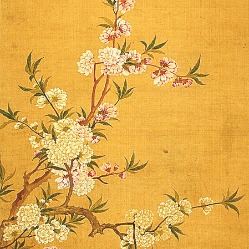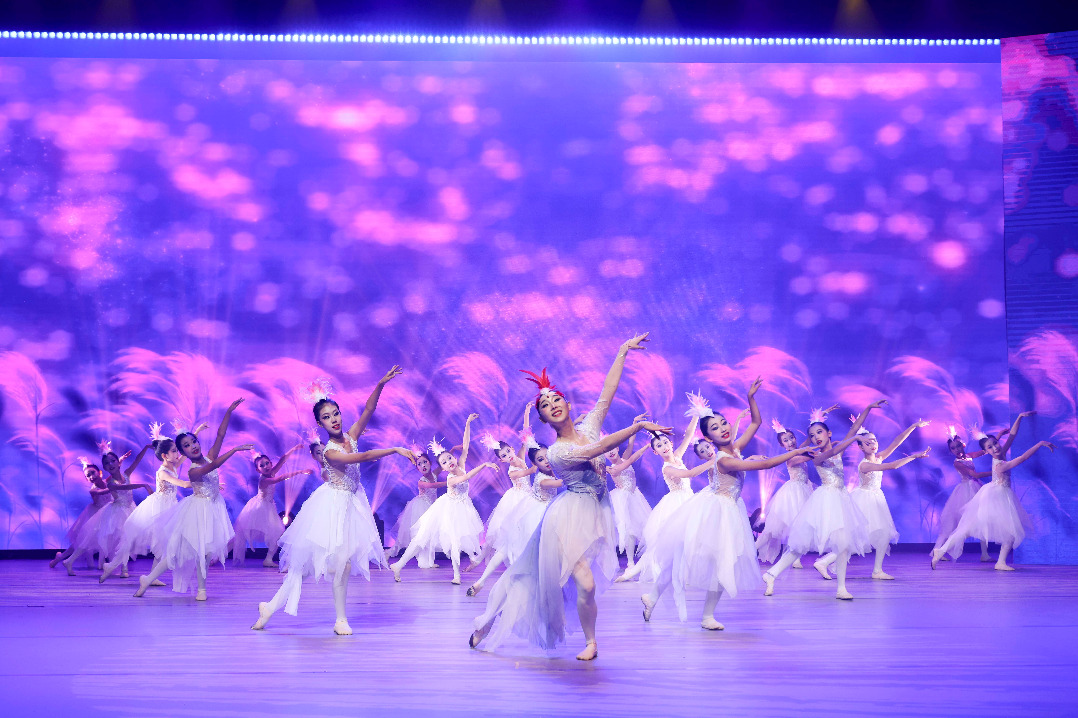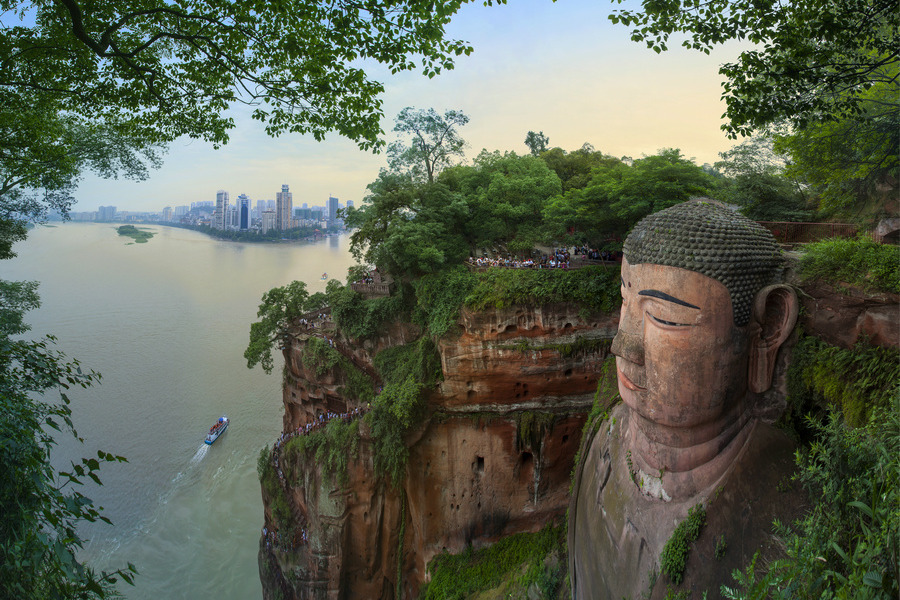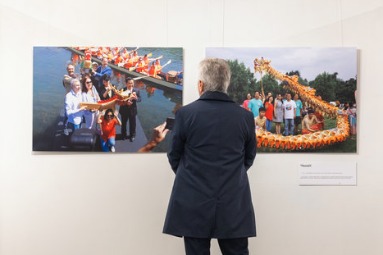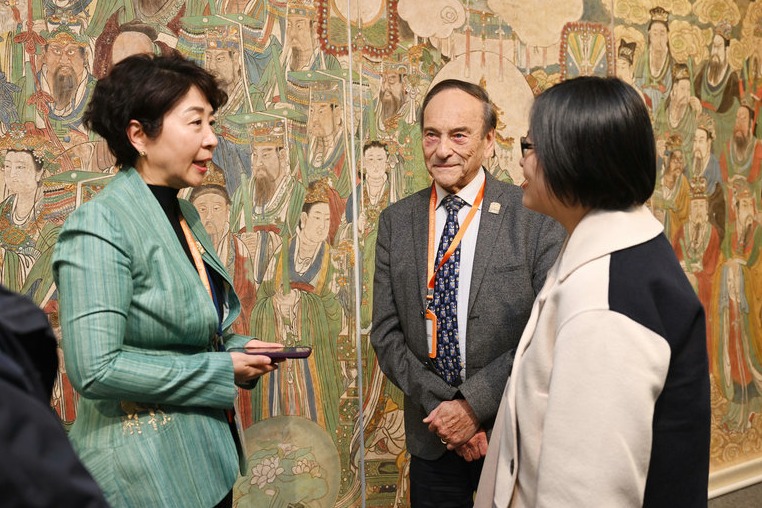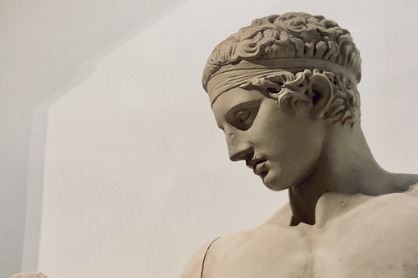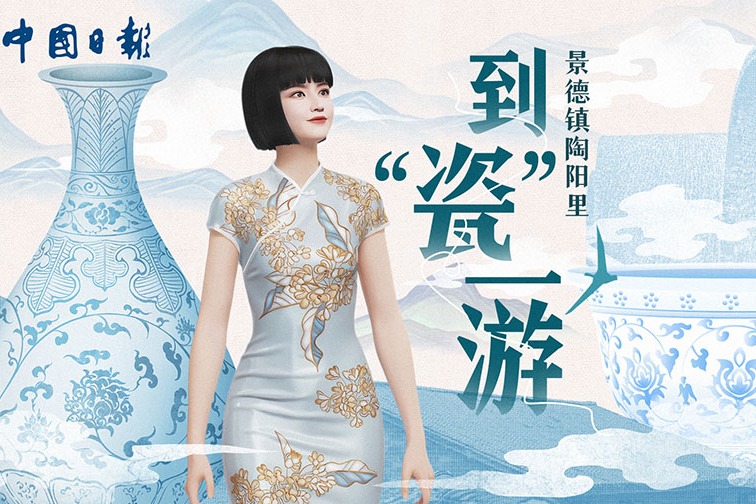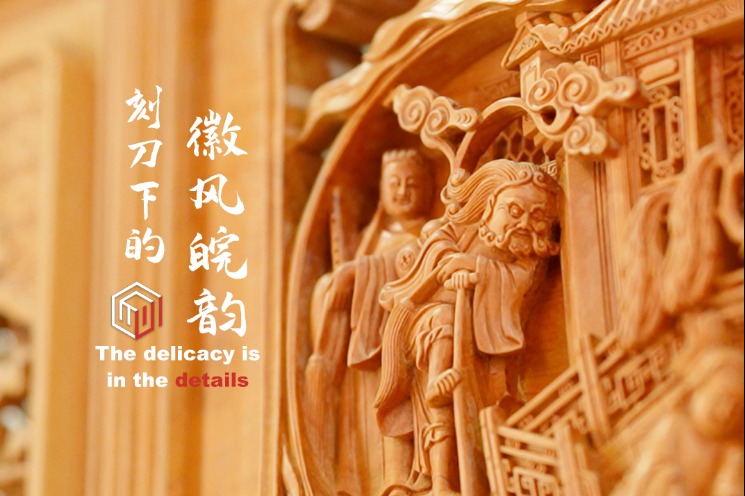What's on

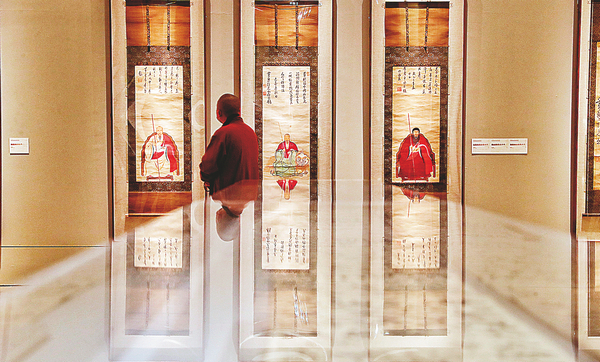
Buddhist connections
Yinyuan was a Chinese Zen monk living in the late 16th century and 17th century. Hailing from Fujian province, he went to Japan to serve as an abbot of Kofukuji Temple in Nagasaki. Yinyuan founded the influential Obaku school of Zen Buddhism there, making him a historical figure in exchanges between China and Japan. An exhibition now on at the National Art Museum of China marks the accomplishments of Yinyuan and his disciples in building Zen Buddhism in Japan, as well as promoting the spread of Chinese painting, calligraphy, architecture, literature, music, cuisine and medicine, which influenced the lifestyles of Japanese people at that time. Organized by the Buddhist Association of China, the exhibition shows dozens of artworks by Yinyuan and his disciples, as well as replicas of 12 cultural objects that Yinyuan took to Japan, including furniture, inking brushes and stones. Also on show is a bronze statue of Yinyuan, created by Wu Weishan, who is director of the National Art Museum of China and a sculptor. Another version of the statue by Wu was unveiled at Kofukuji Temple to mark the temple's 400th anniversary. The exhibition runs through April 13.
9 am-5 pm, closed on Mondays. 1 Wusi Dajie, Dongcheng district, Beijing. 010-6400-1476.


